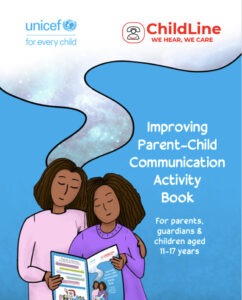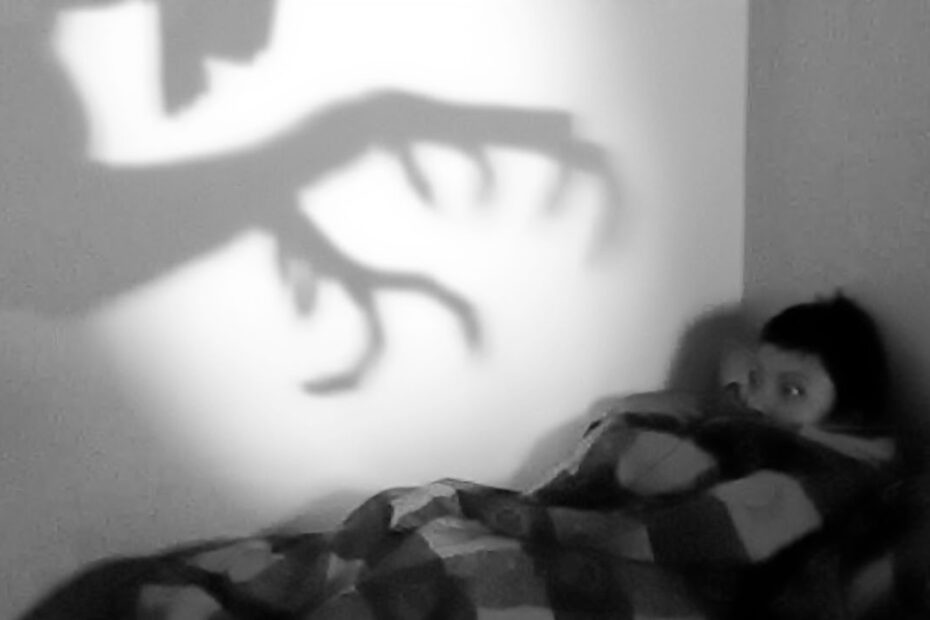What causes nightmares in children?
There’s no single reason why children sometimes get nightmares, though it is more common in some children than others. For example, children are much more likely to experience nightmares when they’re stressed, tired, or have experienced a traumatic event in a recent or past moment.
These nightmares can be about anything from a monster under their bed, a scary movie they weren’t supposed to watch, an embarrassment in front of their peers, or something more personally upsetting like the loss of a family member (whether it happened or not).
Are your child’s fears normal?
From the get-go, depending on the age of the child, their fears may seem ridiculous to an adult. For example, dreaming of a furry monster with shark-like teeth is something most adults will not typically lose much sleep over. An adult may be more likely to have nightmares related to their job, responsibilities, or just their everyday lives. However, children’s fears can be due to (and often result in) big emotions that might be difficult for them to process. Though science can sometimes be torn on whether dreams have some sort of symbolic or hidden meaning, they can sometimes be a sign of emotional pain or stress. The occasional dream of a monster in the room is also usually something that children grow out of.
How can you help?
- Validate their emotions. You can try saying things like, “I know you feel scared right now”, and show them that it’s okay to seek comfort.
- Give them some control. Ask your child how you can help them feel less afraid. Let them give you reasonable suggestions for how they can be able to face their fears.
- Practice being comfortable in the dark. You can start by falling asleep with them, so they aren’t alone in the dark, or even telling happy stories or singing soothing songs to them in the dark.
What should you avoid doing?
- Don’t ridicule them. Don’t call your child a “wuss” or a “scaredy-cat” for being scared of their dreams. This may make them clam up and avoid talking to you about it if they feel ashamed.
- Don’t try to force them to be rational. While nightmares may be harmless to an adult, they can be genuinely terrifying for a child. Logic is not likely going to stop them.
- Don’t force them to face their fears. Avoid doing things like locking them alone in a dark room or making them watch horror movies to “get over their fear”.
Most nightmares are harmless in the long run and are just an unpleasant part of growing up. Most of their irrational fears will go away over time or they will learn to manage them on their own. However, some nightmares can be a symptom of a greater problem in the child’s life. If your child complains of frequent nightmares, in addition to showing difficulty in school or in their interactions with others, it may be a cause for concern. If your child’s nightmares seem to be based on possible real-life traumatic events, you may need to consult a professional.
If you believe your child may need counselling support, please call us at 800-4321 or 131, or make an appointment at childlinett.org.








